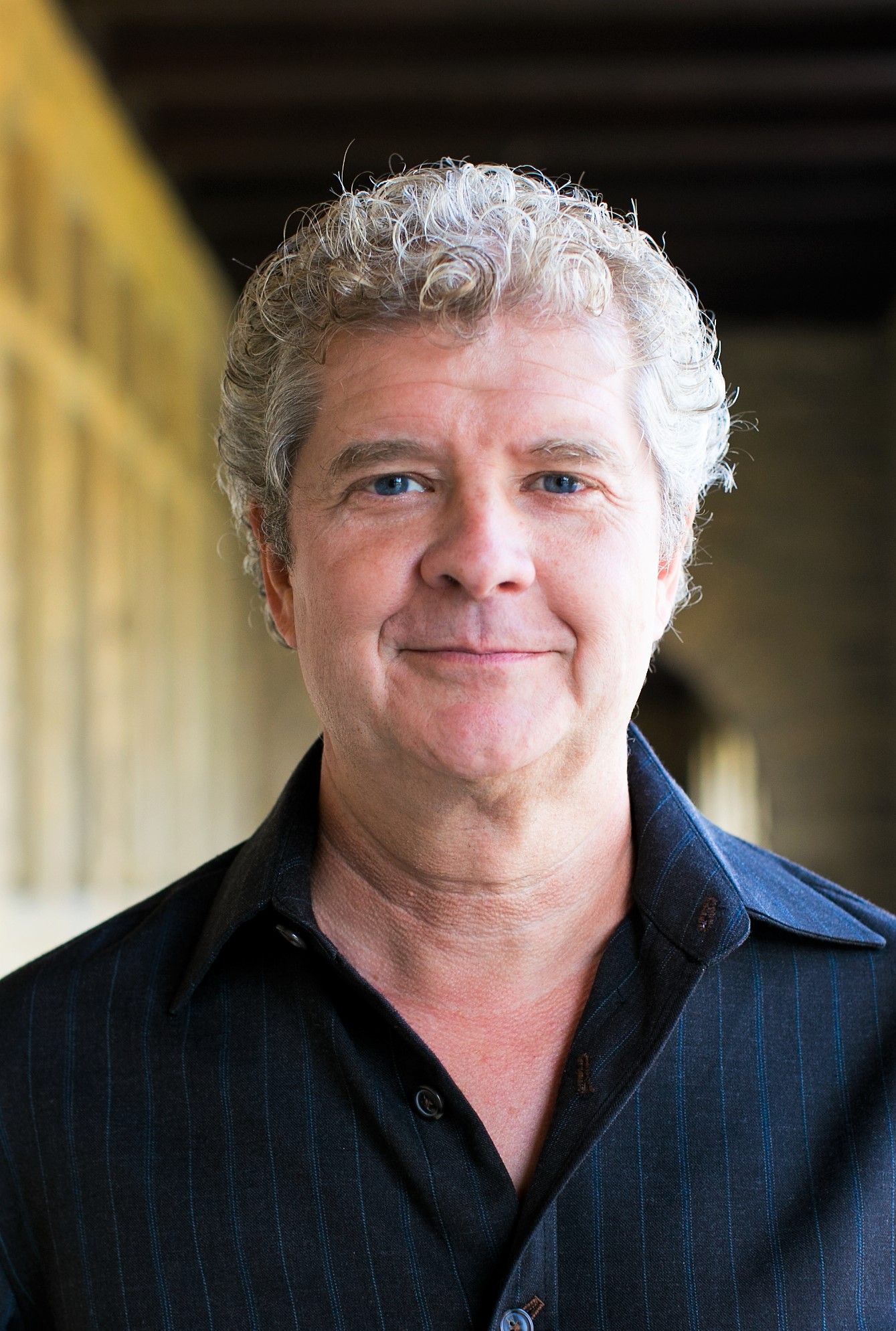I-DISC Graduate Student Forum
The I-DISC Graduate Student Forum will discuss topics of interest to graduate students doing research related to data and computation. This forum aims to foster an interdisciplinary platform and is open to all graduate students from all disciplines and colleges.
Learn more about I-DISC, meet students from other departments, and hear a few experts give short talks that can help you with your research and career.
Agenda
"Meet & Greet" opportunity to connect with graduate students from all disciplines and colleges.
Hear from a recent PhD graduate, Dave Braun, PhD '20 (Psychology), currently working on the Nano-Human Interface Initiative as a postdoctoral fellow.Ali Erk, Center for Career and Professional Development for Graduate Student will talk about the resources available through their office, focusing on resources for graduates from a data and/or computational background.
I-DISCovery
I-DISCovery is a research networking event for faculty in the data, intelligent systems, and computation space at Lehigh. Faculty can connect, exchange ideas, spark collaborations, and share skills and interests.
This will be a casual event for getting to know your colleagues from across the university. Stop by anytime from 8:30am. (Event will end at 10:00am). Meet new potential collaborators, chat with old friends, explore Williams Hall, and have some breakfast!
COE Distinguished Lecture Series 2022
“Inequality, schooling, and educational opportunity in America” with Sean Reardon
Event Thumbnail:
Online Information Session - College of Education
Standing In Solidarity | Education
The College of Education's Multicultural Resource Center presents an open conversation about race geared at action and healing for staff, faculty and students.
Facilitated by students: Diamond Carr and Lian Liu
*Click here to RSVP.
Zoom link provided at the end of the form.
4 + 1 Teacher Education: Info Session
Lehigh University undergraduate students can earn their Bachelor's (in degree of choice) and Master of Education (M.Ed.) degree in Elementary Education or Secondary Education plus Pennsylvania Teacher Certification.
Join Zoom Meeting
https://lehigh.zoom.us/j/96289464898?pwd=MHFUWDRONXBmbjNIQlVNbEFFdHBtQT09
Meeting ID: 962 8946 4898
Passcode: 517728
Measuring understanding and predicting STEM learning outcomes from neural activity | Cognitive Science
Cognitive Science Program presents
Measuring understanding and predicting STEM learning outcomes from neural activity
Dr. Meir Meshulam
Princeton Neuroscience Institute
Princeton University
How do students understand and remember new information? Measuring and decoding human brain activity during educational experiences offers new ways to address this fundamental question. Today, it is unclear how learners internalize new content, especially in real-life and online settings. In this talk, Dr. Meshulam will demonstrate how neural data can be used to diagnose individual participants’ understanding of specific topics within a broad-ranging, real-world STEM course (Introduction to Computer Science, at Princeton University). This approach hinges on the finding that understanding is mirrored in “neural alignment”: the degree to which an individual learner’s neural representations match those of experts, as well as those of other learners. If time permits, Dr. Meshulam also will discuss ongoing work in which we use recent advances in natural language processing (NLP) to model the learning process and track changes in neural concept representations over the span of the course.
Virtual Event via Zoom
Co-sponsors:
Department of Psychology and College of Education
Teacher Education/Instructional Technology Information Session
Meet Lehigh University College of Education Teacher Education and Instructional Technology faculty, staff, and students to learn about the Teacher Education or Instructional Technology degree program in which you are interested!
Educational Leadership Information Session
Meet Lehigh University College of Education Educational Leadership faculty, staff, and students to learn about the Educational Leadership degree program in which you are interested!
Special Education Information Session
Meet Lehigh University College of Education Special Education faculty, staff, and students to learn about the Special Education degree program in which you are interested!
